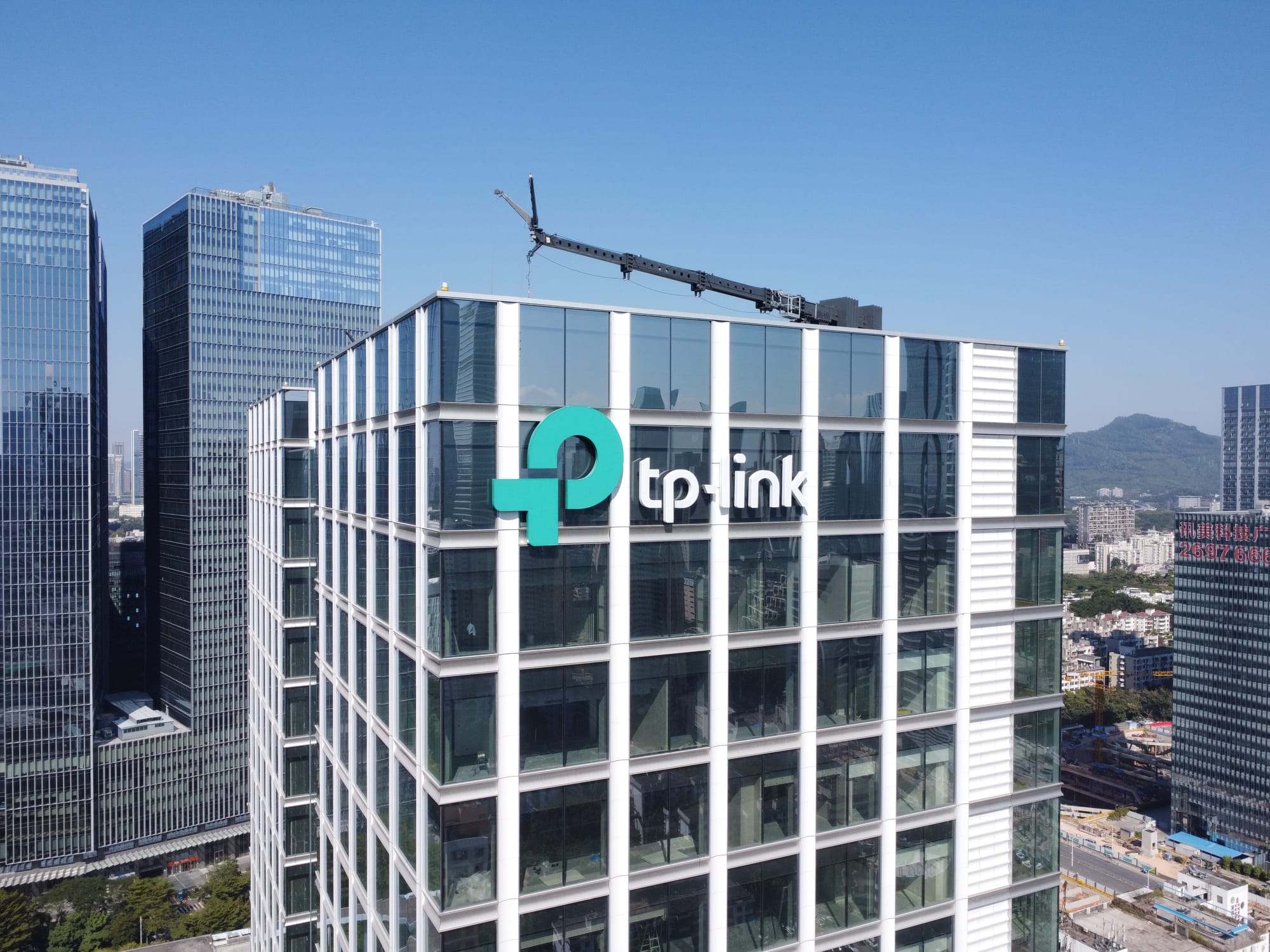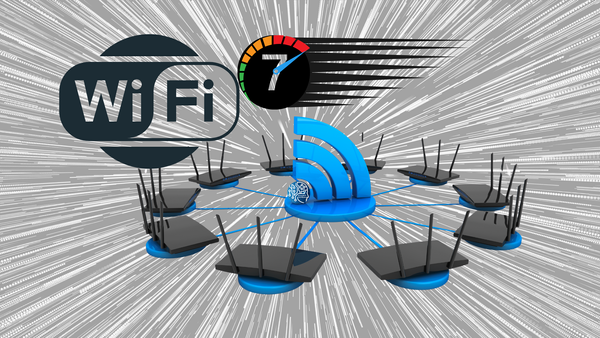End Near for TP-Link and TikTok in the US?

In recent months, speculation surrounding the future of TP-Link and TikTok in the United States has intensified. With rising concerns over data security, privacy, and tensions between governments, the threat of potential bans looms large. Are we about to see the end of these 2 giants in the US?
Understanding the Context
To grasp the potential bans on TP-Link and TikTok, we must understand the broader issues regarding technology companies connected to certain countries, especially China. Heightened fears about data privacy, cybersecurity, and espionage have prompted increased scrutiny on these companies.
This scrutiny is not limited to TikTok, which is known for its short, engaging videos; it extends to TP-Link as well, a major player in networking equipment such as routers. As people depend more on internet-connected devices, questions about the reliability and safety of these technologies take center stage. The US Cybersecurity Agency has been reporting the flaws of the TP-Link router firmware, since last year, and how they can be exploited to use harmful remote code to attack connected networks.
The Ban Buzz: What’s Happening?
The U.S. Government is taking action against both of these companies. In fact, ByteDance, the makers of TikTok, are throwing one last ditch effort in the US Supreme court, to stop the upcoming US ban deadline January 19th. The act put forward will ban TikTok in American markets unless the ByteDance sells it's stakes to the US. TikTok has been criticized by lawmakers for its data handling practices, with claims that user data might be accessed for invasive surveillance or be used for spreading propaganda.

While TP-Link has not faced the same intense scrutiny, questions remain about the safety of its products. Just 3 months ago in September, there was a wave of Cyberattacks in the US which went after government agencies, major suppliers and other private businesses. TP-Link has been under investigation for a couple of years and even through a 2022 survey, it revealed that 68% of consumers expressed concern about the security of these connected devices in their homes, emphasizing the rising unease about foreign technology.
Both companies assert compliance with local regulations and a commitment to user data privacy. However, with mounting pressure for stricter oversight, these assurances may not be sufficient to prevent potential bans.
What Are the Implications?
Should a ban on TikTok occur, the immediate effect on its millions of U.S. users would be significant. Content creation and sharing on the platform would cease, impacting influencers, businesses, and casual users.
A report by eMarketer noted that approximately 37% of U.S. businesses leveraged TikTok for marketing in 2022. The loss of this platform could force these brands to scramble for new advertising avenues or strategies.
On the other hand, a ban on TP-Link products could disrupt internet connectivity in households nationwide. With over 40 million households in the U.S. utilizing TP-Link devices, the sudden unavailability of their routers could result in significant connectivity issues.

User Concerns and Reactions
As the potential bans approach, consumers are voicing their worries more emphatically. TikTok users are rallying on social media to advocate for its ongoing availability. Many see TikTok not just as an entertainment platform, but as an integral part of their daily routines, with 50% of users reporting that they use it for creative inspiration.
Conversely, others express valid concerns about privacy and data security. Customers of TP-Link are increasingly engaging in discussions about the safety of their networking devices, especially as their homes become part of the interconnected "smart" landscape.
The Future of Networking and Social Media
Regardless of the bans' outcomes, discussions about data privacy, security, and ethical technology use remain crucial. As consumers become more knowledgeable, there is a rising demand for transparency and accountability from tech firms.
A ban on TP-Link could lead to increased interest in smaller, local companies that offer networking solutions with a promise of better privacy protections. A product like the Google Nest WiFi, which emphasizes it's security, could see a surge in demand as TP-Link users seek trust in their technology.
Similarly, TikTok users might start exploring alternatives. New social media platforms prioritizing user safety and data protection could present themselves as compelling choices for those unhappy with potential restrictions on TikTok.
Government Involvement and Regulation
What is the government’s role in this situation? The U.S. government faces pressure to take action against potential national security risks from foreign-owned apps. Recent bills reflect a commitment to stricter regulations, but navigating the complexity of such legislation is not as straightforward.
Policymakers strive to find a balance between safeguarding citizens and fostering innovation. The outcomes of these debates will likely shape the future of social media platforms and consumer technology, regardless of the ultimate fate of TP-Link and TikTok.

Final Thoughts
As the potential for bans on TP-Link and TikTok grows, the impact on consumers could be far-reaching, affecting daily internet usage and creative outlets in significant ways. The implications of such restrictions extend beyond mere access to these platforms; they could disrupt the established routines of millions of users who rely on these technologies for both personal and professional purposes. TP-Link, known for its networking equipment, provides essential connectivity that enables seamless internet access in homes and businesses alike. A ban on their products could lead to connectivity issues for users, hampering everything from remote work to online education, and even affecting smart home devices that depend on stable internet connections.
On the other hand, TikTok has emerged as a major platform for creative expression, entertainment, and social interaction, particularly among younger demographics. A ban on TikTok could stifle the creative outlets that many individuals use to share their talents, connect with others, and even build careers as influencers or content creators. Moreover, technology is becoming increasingly crucial in our lives, weaving itself into the very fabric of our daily routines and interactions. The ongoing discussions surrounding data privacy and security are becoming even more essential as consumers grapple with the implications of these potential bans. It's imperative that users consider how their personal information is handled, the transparency of the platforms they engage with, and the broader ramifications of government actions on their digital freedoms. The conversation around data privacy is not just about the protection of individual information but also about the rights of users to access the tools and platforms that facilitate their online lives. As these discussions continue to evolve, they highlight the need for a balanced approach that safeguards consumer interests while addressing legitimate security concerns.
Regardless of what happens with these two companies, a trend toward more scrutiny and regulation of the tech industry appears unavoidable. Collaboration among users, policymakers, and tech firms is vital to ensure individual rights are protected while still encouraging innovation. Whether or not we see the end of TP-Link and TikTok in the U.S., one thing is clear: the conversation surrounding technology, privacy, and security is just beginning.





